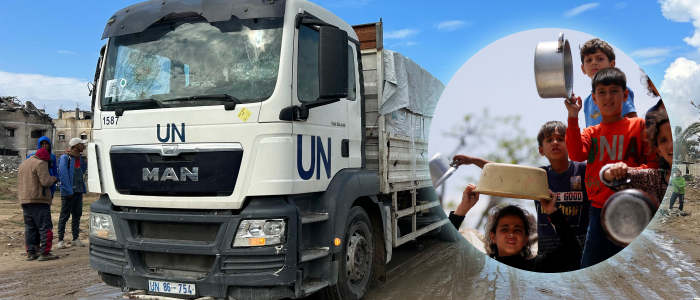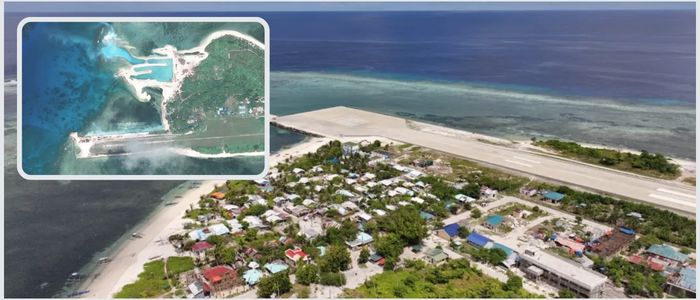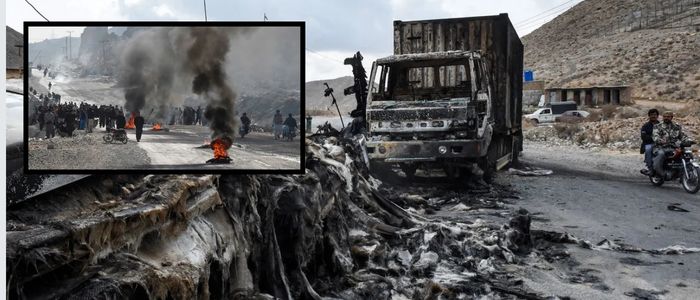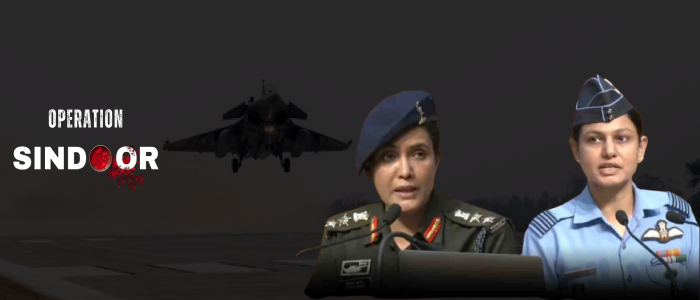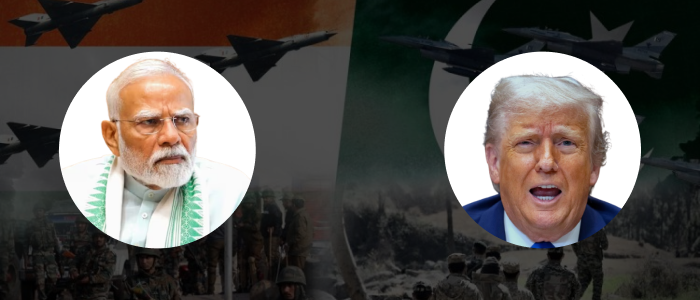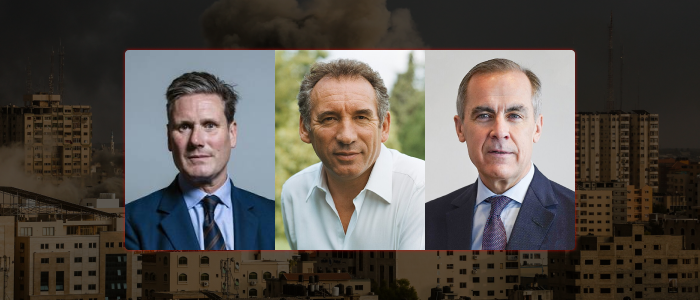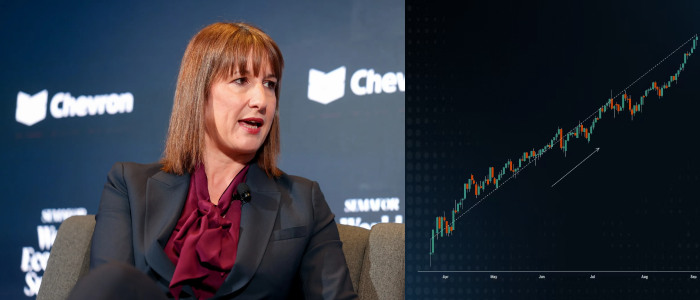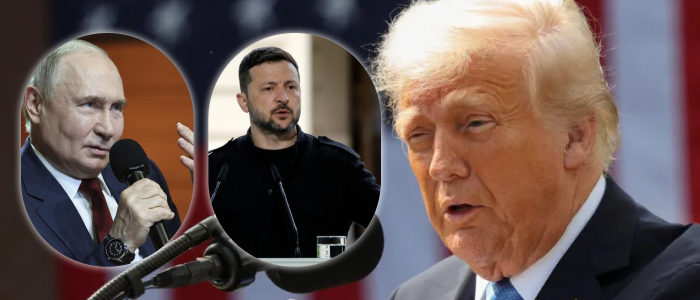Continued fighting and civilian effects
Airstrikes on Monday killed at least 40 people, including five at a school that was being used as a shelter in the Nuseirat refugee camp, news reports said. Israel said it was striking Hamas fighters. The military also announced an evacuation order for Khan Younis and its eastern suburbs, warning of a major assault.
The renewed military push comes after a two-month ceasefire. More than 3,000 have been killed and 400,000 displaced since fighting resumed. Aid agencies say the blockade has caused critical shortages of food, medicine and fuel. Over the last 11 weeks, 57 children have died of malnutrition, and nearly 500,000 people are at risk of starving.
UN and World Leaders Demand More Action
And although there was gratitude for the latest aid delivery, the UN's humanitarian chief said it was merely "a drop in the ocean" compared to what was required to aid Gaza's 2.1 million residents. Thousands of truckloads of aid are said to be ready to enter, though access for now is still very limited.
Aid groups say they have an effective system for getting supplies distributed and they argue that Israel's new plan will only delay assistance, restrict access for the most needy and run counter to humanitarian principles. The UN says aid must be delivered based on need and should not be used to further political or military objectives.
And the leaders of the UK, France and Canada condemned Israel's fresh assault, describing the aid shipment as "wholly inadequate". They said they would consider "further concrete actions" should forcible measures and aid restrictions persist.
In return, Netanyahu defended the operation, which he said is intended to defeat Hamas and release hostages captured in the October 7 attack. He maintained that the war was a "fight for the survival of Israel," and he dismissed the notion that permitting aid was a concession to Hamas.
Struggles on the ground and humanitarian needs
The conditions in Gaza are still dire. "I have five members of my family, including three kids, who are eating one meal a day because we are in displacement," said one man. "Basic materials are scarce or cost the earth." A charity in Gaza said it had cut the meals it serves each day to a fraction of its usual load because of the lack of ingredients.
Netanyahu acknowledged that Israeli troops are involved in serious fighting and are advancing. The campaign will not stop until Hamas is crushed and all the hostages are free," he said.
No breakthrough has been reported so far, and indirect negotiations between Israel and Hamas are continuing in Qatar. 1,200 people have been killed and 251taken hostage in Israel since October 7. At least 53,475 people have been killed in Gaza, including more than 3,300 since the resumption of the offensive, according to Gaza's health ministry.
Stay informed with Newsbuck – your go-to source for global news, trends, and updates across tech, health, politics, and more. Trusted stories, delivered fresh. Explore more on Newsbuck!

